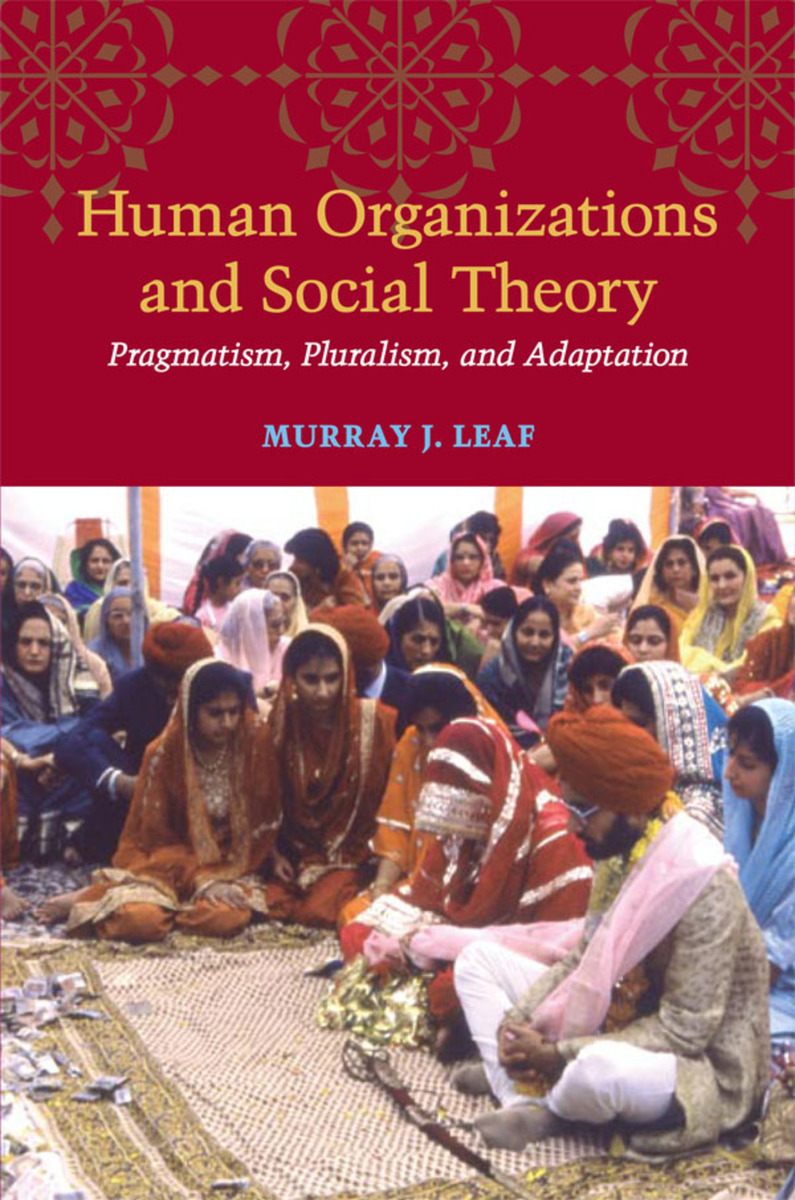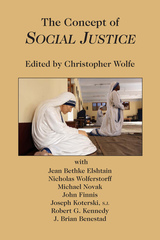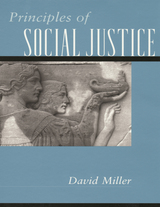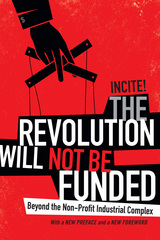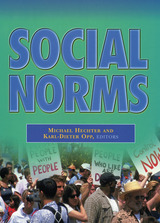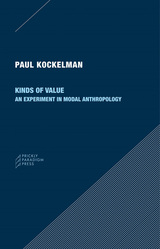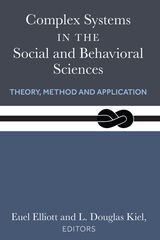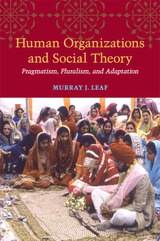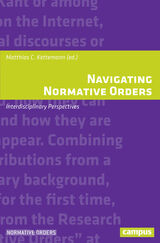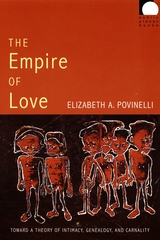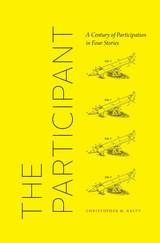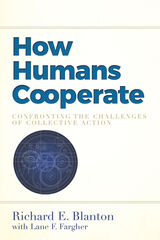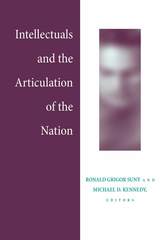Cloth: 978-0-252-03424-4 | eISBN: 978-0-252-09171-1
Library of Congress Classification HM706.L43 2009
Dewey Decimal Classification 302.35
In the 1930s, George Herbert Mead and other leading social scientists established the modern empirical analysis of social interaction and communication, enabling theories of cognitive development, language acquisition, interaction, government, law and legal processes, and the social construction of the self. However, they could not provide a comparably empirical analysis of human organization.
The theory in this book fills in the missing analysis of organizations and specifies more precisely the pragmatic analysis of communication with an adaptation of information theory to ordinary unmediated communications. The study also provides the theoretical basis for understanding the success of pragmatically grounded public policies, from the New Deal through the postwar reconstruction of Europe and Japan to the ongoing development of the European Union, in contrast to the persistent failure of positivistic and Marxist policies and programs.
See other books on: Communication Studies | Organization | Pragmatism | Social structure | Social Theory
See other titles from University of Illinois Press
